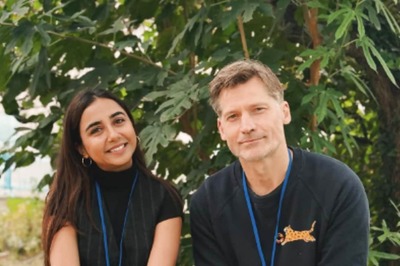
views
The government on Wednesday said it has inked a USD 250 million (about Rs 1,855 crore) loan pact with the World Bank, and the funds will be used to make the existing dam infrastructure safe in the country. The Central Water Commission as well as the government representatives from 10 participating states are also part of the loan agreement.
The USD 250 million project for the long-term is for dam safety programme and improving the safety and performance of existing dams across various states of India, an official release said. The Second Dam Rehabilitation and Improvement Project (DRIP-2) will strengthen dam safety by building safety guidelines, bring in global experience, and introduce innovative technologies.
Another major innovation envisaged under the project, that is likely to transform dam safety management, is the introduction of a risk-based approach to dam asset management. It will help to effectively allocate financial resources towards priority dam safety needs, the release noted.
The project will encompass around 120 dams across Chhattisgarh, Gujarat, Kerala, Madhya Pradesh, Maharashtra, Manipur, Meghalaya, Odisha, Rajasthan, and Tamil Nadu, and at the national level through the Central Water Commission (CWC). Other states or agencies may be added to the project during project implementation, the release said.
The loan agreement was signed by Additional Secretary, Department of Economic Affairs, Ministry of Finance on behalf of the union government; representatives from the state governments and Junaid Ahmad, Country Director, India, World Bank. The World Bank support for dam safety in India includes the recently closed DRIP-1 (USD 279 million alongside USD 62 million additional financing).
The project improved the safety and sustainable performance of 223 dams in six states and one central agency. DRIP-2 will support flood forecasting systems and integrated reservoir operations that will contribute to building climate resilience; preparation and implementation of emergency action plans to enable vulnerable downstream communities to prepare for and enhance resilience against the possible negative impacts and risks of climate change.
It will also undertake the piloting of supplemental revenue generation schemes such as floating solar panels.
Read all the Latest News, Breaking News and Coronavirus News here.



















Comments
0 comment